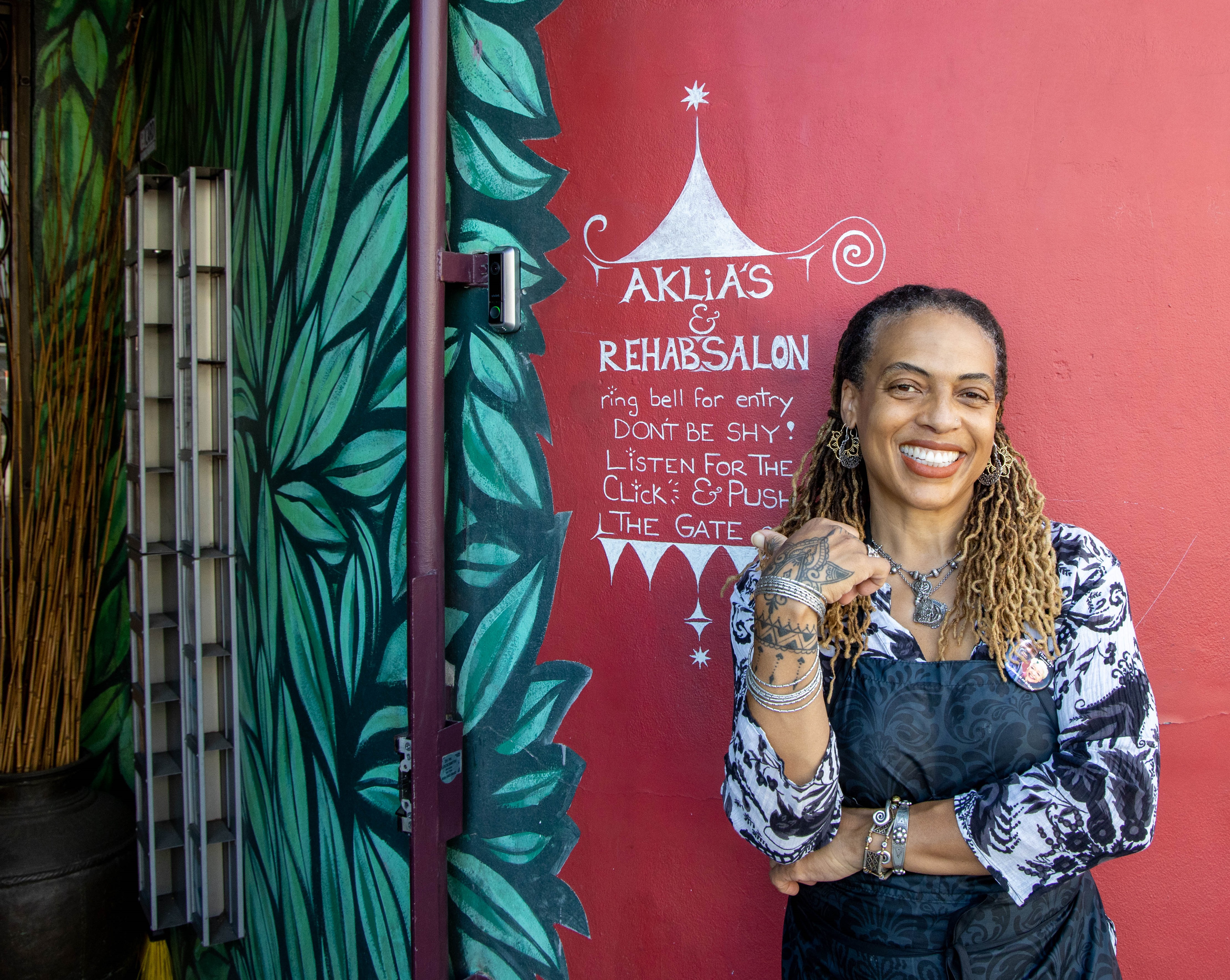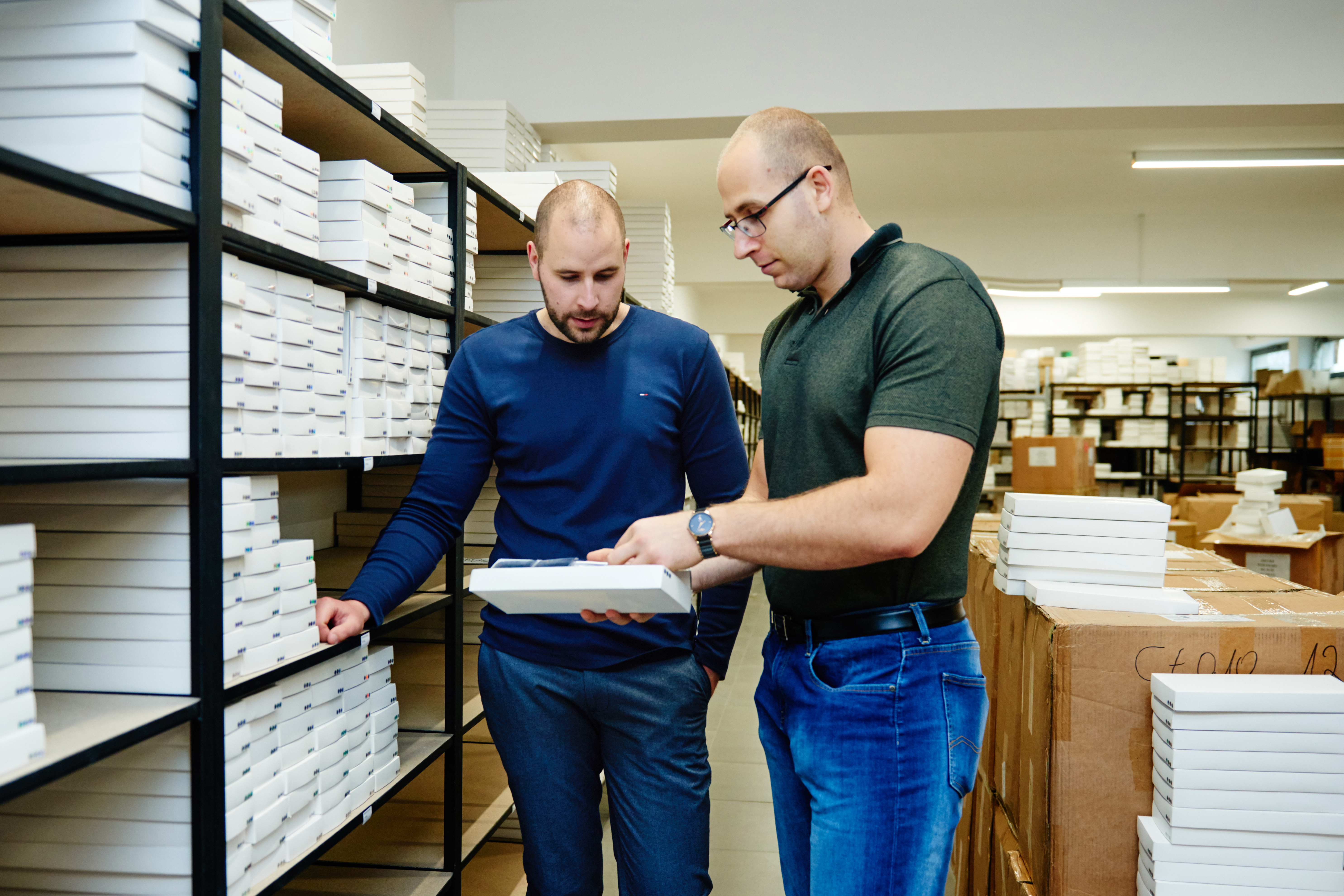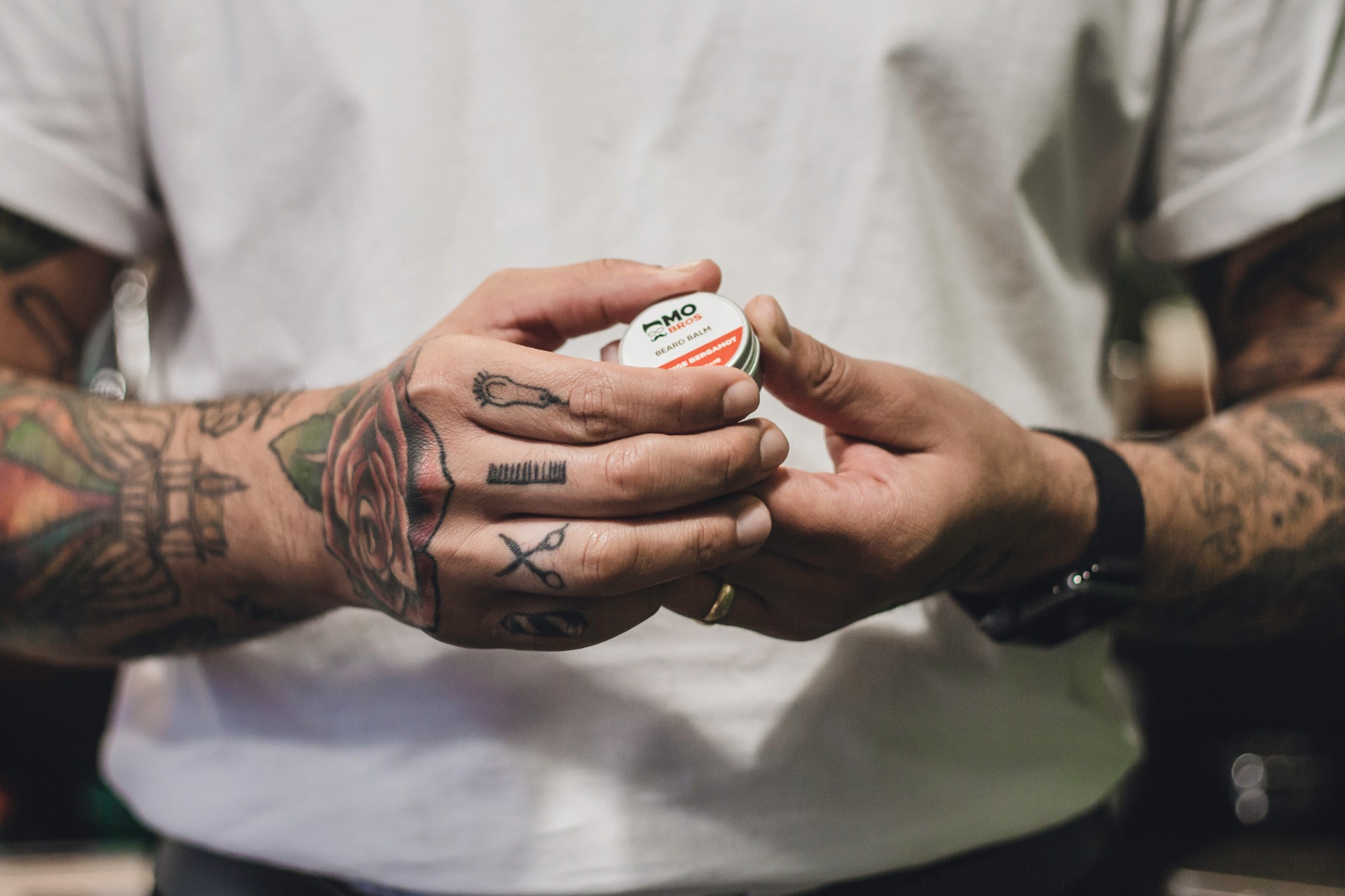ProductPayPalInnovationResearch and Insights
November 16, 2020
Beauty trends evolve from month-to-month (sometimes, even faster) and can look wildly different depending on what part of the world you’re in. But this year, the global beauty industry, from hair and nail salons to cosmetic companies, has had one thing in common: going up against a global pandemic.
Consumers around the world have shared that challenge and adapted — and beauty businesses have done so alongside them. From pivoting their online product selections to finding new ways to connect with their communities, beauty businesses worldwide are tapping into evolving consumer trends not only to stay afloat during the pandemic, but also to grow.
At-home self-care takes off
With people generally spending more time at home and wearing masks when they go out,
sales have dropped in some beauty categories, including cosmetics and fragrance, according to research from global consultancy McKinsey & Company. At the same time, sales in other categories such as skincare, nailcare, hair color and bath products are climbing as consumers look to bring the salon experience home and practice self-care during a turbulent time.
PayPal’s own data1 reveals that online sales in several beauty-related categories have skyrocketed across the world. Between just May and June, sales for bath accessories in the U.K. grew 136 percent. Earlier in the year, from January to May, nail art and nail polish sales in the U.K. increased 115 percent while hair care products climbed 123 percent.

Aklia Chinn, co-owner of REHAB Salon
in Los Angeles.
The same data also show that in some cases, cosmetic sales are rising. In the U.S., eyeshadow sales were up 27 percent between May and June alone — perhaps not surprising, given that mask-wearing leaves people’s eyes exposed.
For brick-and-mortar salons like
REHAB Salon in Los Angeles, this changing consumer behavior has presented an opportunity in a challenging time. In March, the salon had to shut down entirely for three months. Once it reopened, it had to take fewer customers at a time, offer services by appointment only, and enhance cleaning protocols — all of which meant less in-person business.
“The initial lockdown definitely created a hardship for those who are committed to maintaining a regular schedule of visiting the salon for their hair and beauty needs,” said REHAB’s co-owner Aklia Chinn.
But as PayPal’s data shows, there’s still opportunity to capture business online. When she had to close the salon’s doors temporarily, Aklia began exploring expanding the salon’s private label line of hair and beauty products for sale on its website so customers could purchase them from the safety of their own homes.
“E-commerce will reign supreme”

Brothers Karol and Paweł Wojciechowski of Noble Lashes in Poland.
During the initial lockdown period in Poland, and in the months following, Poland’s
Noble Lashes has seen the benefits of spending the past several years investing in its e-commerce offering. The 10-year-old business is one of the bestselling eyelash brands in Europe, with 66 distributors and nine partner stores, but when the pandemic hit, business slowed for their stores and its stylist and beauty salon partners.
Many of the salon partners saw a sharp decline in bookings, typically 30 to 50 percent fewer, said Pawel Wojciechowski, the brand’s owner and CEO. However, Noble Lashes saw higher demand for self-stick lashes that customers could use at home, plus greater interest in training and lash care kits.
Having digital payments in place was also critical, as the company saw a 21 percent decrease in cash payments in favor of contactless, secure online payments, including those made through PayPal. “Many companies decided to invest in online stores and modernize them even before information about the spread of the virus. The current situation will certainly deepen this trend in the coming year,” Pawel said.
Noble Lashes is now working on a new version of its online store that allows for faster ordering and a better mobile shopping experience. Continuing to invest in its online experience will be essential given the continued uncertainty about the holidays when, as Pawel said, “e-commerce will reign supreme.”
The “pandemic beard” opportunity
This year, the phrase “pandemic beard” entered our vocabulary as men around the world faced closed barber shops, and the need for at-home hair and beard care solutions grew before our eyes.

One of Mo Bro's products for grooming "pandemic beards."
Brothers Kunal, Savan and Keval Dattani — founders of U.K.-based men’s grooming brand
Mo Bro’s — were familiar with the challenges that come with growing a beard, from unruly hair to itchy skin. That was what initially inspired them to start Mo Bro’s in 2014 and grow it into a successful online business selling to 78 countries.
“When lockdown arrived, we did have an initial wobble. But then, as barbershops closed, we saw a 500 percent hike in sales from customers looking to keep their lockdown manes in check,” Keval said. “The accelerated sales we have recently experienced means financially we can invest more into Mo Bro's product development, so we're looking forward to pivoting from beard grooming to also offering [haircare products], skincare and apparel,” he said. The business is also exploring a subscription-based service, supported by PayPal, to make payments easier for both them and the customer.
Like Noble Lashes, Mo Bro’s was well-positioned to support online sales before the pandemic, which helped when more people worldwide took to the internet to find grooming solutions. The company is also part of the PayPal Global Sellers Program, which amongst other things, translates listings into local currencies, making it easy for businesses to tap into international markets. “The analytics and heatmaps that PayPal provides have also been incredibly insightful, telling us where our hotspots are for selling and allowing us to focus in the right areas,” Keval added.
Keeping communities strong — and beautiful
Despite physical restrictions, recent months have also shown the beauty industry’s solidarity, even in times of disruption. “The beauty industry sticks together, and that's great,” Pawel said. One example of this is the #PieknoDlaBohaterek (or in English, #BeautyForTheHeroine) campaign, which prompted stylists to provide treatments for healthcare workers when lockdown began. Noble Lashes donated about 100 sets of lashes as part of the campaign.
Noble Lashes has even been able to continue the training it offers for stylists during the pandemic, including through online courses. The business worked with its instructor partners to launch two new courses dedicated to helping eyelash stylists practice their skills and learn new techniques while at home. “It gave us the opportunity to stay in touch with our students even during the quarantine period,” Pawel said.
REHAB Salon is stepping up its partnerships, too. Aklia’s business partner and co-owner, Christina (Tina) Trammell, is collaborating with Beyond the Combs Academy (BTCA), a local learning institution that caters to people in the film and TV industry who want to expand their technical knowledge. Like REHAB Salon, BTCA is a Black-owned, woman-owned business. “Tina now offers classes there, teaching other industry professionals the techniques and best practices specific to ethnic hair styles and textures,” Aklia explained.
These gestures of creativity, cooperation and solidarity between businesses are an example of the resilience in the beauty industry. “We are determined to support our team and our clients throughout these challenging times in every way that we can,” Aklia said.
1PayPal internal data review of changes in shopping patterns between May and June, 2020. The review compared the first two weeks of June (1st June to 14th June, 2020) with the first two weeks of May (1st May to 14th May, 2020) for US, UK and AU PayPal transactions.